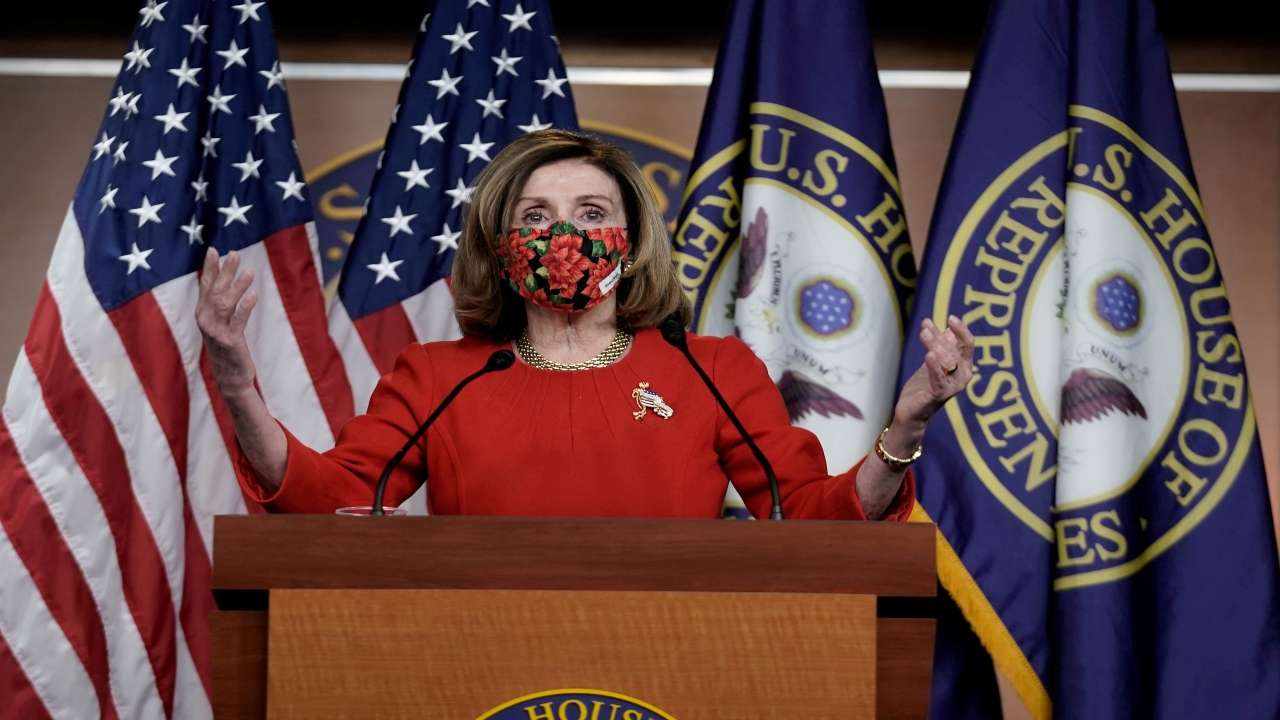
US Congress Set to Provide $900Billion in COVID Aid
After months of negotiations, legislators in the United States have agreed on a long-awaited COVID-19 relief bill that will boost unemployment payments and aid to small businesses.
The Senate’s top Republican and Democrat said on Sunday they had reached an agreement on a nearly $900bn package, a deal that would be the second-largest economic stimulus in US history, following a $2.3 trillion aid bill passed in March.
“At long last, we have the bipartisan breakthrough the country has needed,” Republican Senate Majority Leader Mitch McConnell said on the Senate floor.
“More help is on the way,” he added.
The agreement would establish a temporary $300 per week supplemental jobless benefit and a $600 direct stimulus payment to most Americans, along with a new round of subsidies for hard-hit businesses and money for schools, healthcare providers and tenant facing eviction.
It comes as the pandemic accelerates, infecting more than 214,000 people in the country each day. More than 317,000 Americans have already died. Republican and Democratic leaders said the package should have enough support to pass both chambers of Congress. President Donald Trump supports the bill and will sign it into law, White House spokesman Ben Williamson said.
The Democratic-led House of Representatives will likely vote on the package on Monday, with the Republican-controlled Senate to follow, according to House Democratic leader Steny Hoyer.
Congress aims to include the coronavirus aid package in a $1.4 trillion spending bill funding government programmes through September 2021.
That funding was due to expire at midnight on Sunday (05:00 GMT on Monday). The House and the Senate voted to extend funding through to Monday, buying more time to pass the coronavirus package and the larger government spending bill. Trump signed the extension into law.
The relief bill had been held up by months of dysfunction, posturing and bad faith. But talks turned serious in recent days as legislators on both sides finally faced the deadline of acting before leaving Washington for Christmas.
The legislation leaves out two of the most contentious elements in the negotiations: legal protections for businesses from coronavirus lawsuits, which had been sought by Republicans and the substantial aid for state and local governments advocated by Democrats.
But the package helps state and local governments indirectly by providing billions for schools, coronavirus testing and other expenses, Schumer said. Details included $25bn in rental assistance, $15bn for theaters and other live venues, $82bn for local schools, colleges and universities and $10bn for child care.

